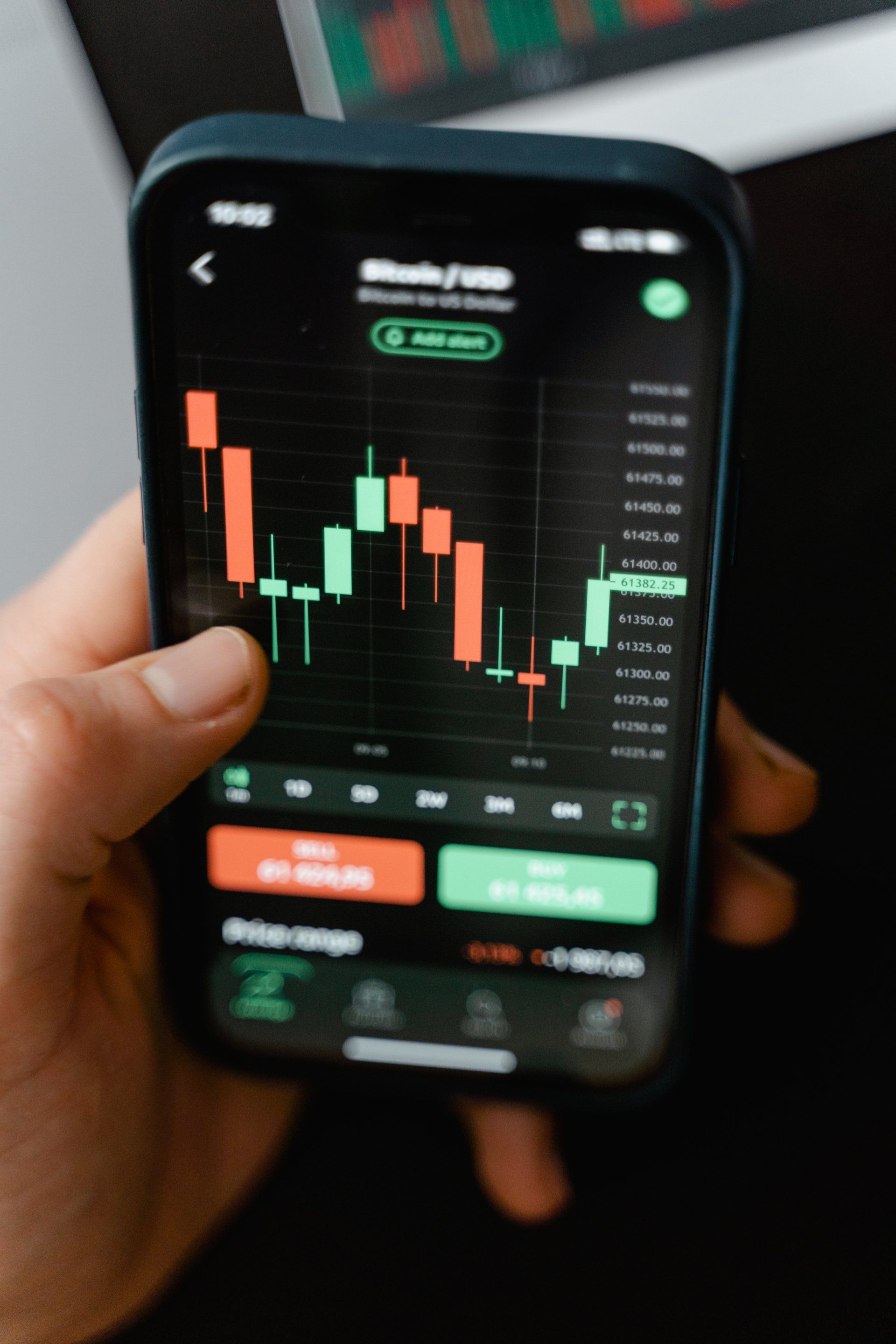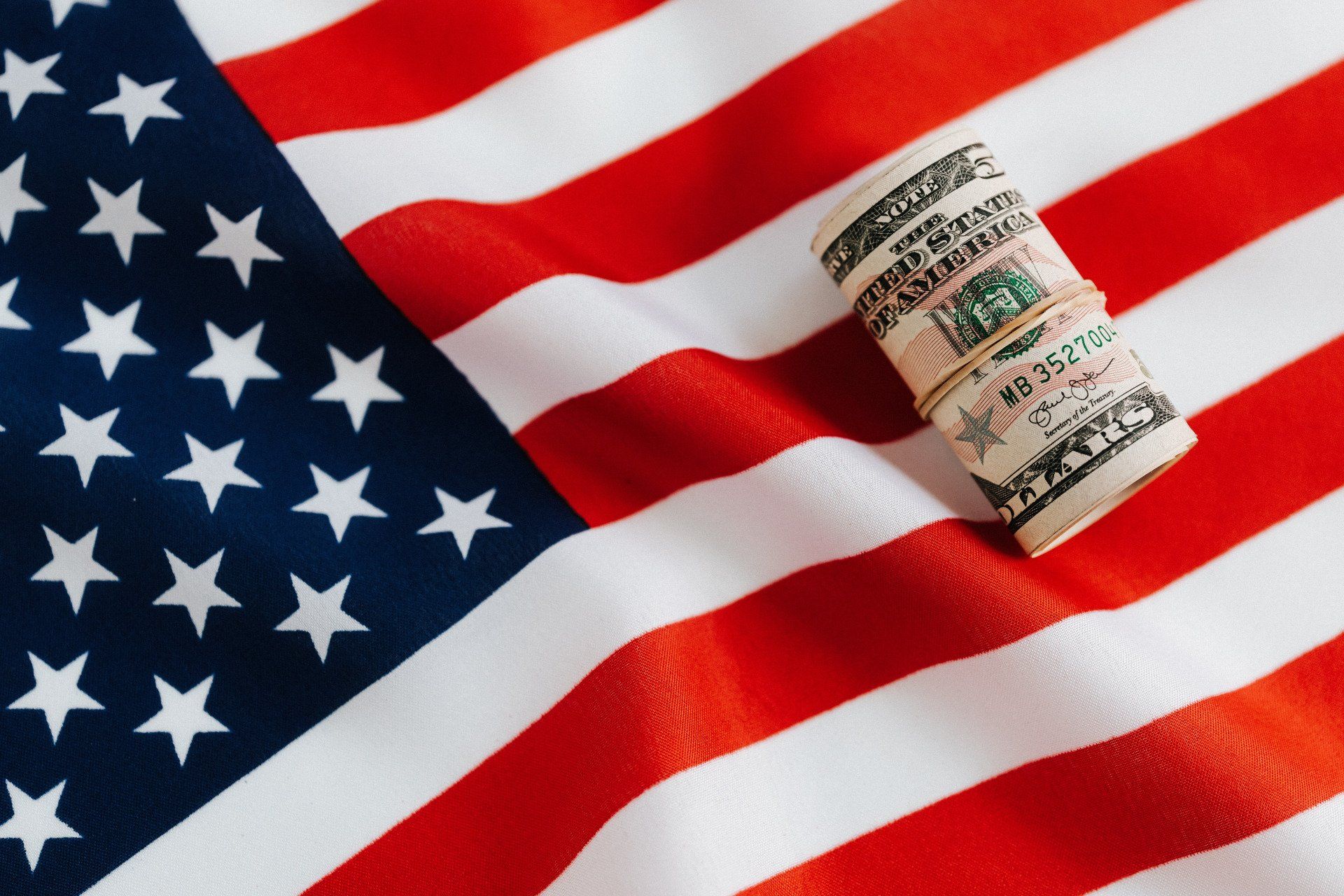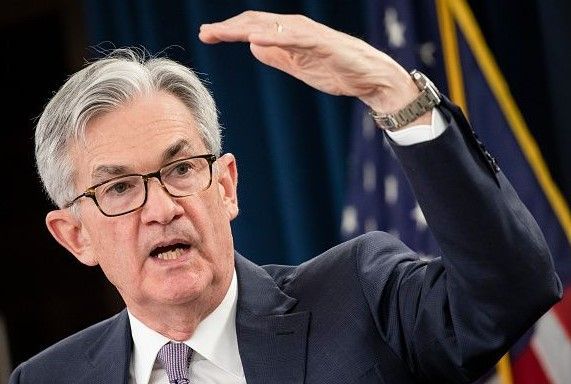where does it end?
So Tuesday it was Walmart and yesterday it was Target, Cisco and a number of others. At the moment we only seem to be getting bad news from companies and market commentators are using the phrase TOXIC!
The bottom line here is that we are going to see many such updates. As I commented in yesterday's blog if a well run business like Walmart is struggling to forecast the joint impact of rising inflation and supply chain disruptions you can bet your life many more businesses will be impacted.
So where does it all end?
Well, when businesses don't perform to expectations then shareholders get nervous and want to sell the stocks which will lower the share price. A lower share price lowers the value of a business which means it's harder for the business to get access to credit i.e. loans which they need to invest and grow. They may still get access to credit but they are likely to have to pay a higher interest rate for it as they are deemed higher risk. And because lots of company debt gets re-financed it's likely that the costs to the business of their existing debt will increase over time. Which compounds the issue of poor company performance because now their costs are higher.
So companies don't perform as well, some get taken over and some go out of business. Is that it?
Not quite. Because all elements of the global economy are intricately interconnected the fun doesn't end with companies delivering poorer performance. Most companies use credit (loans as described above) and some will ultimate default i.e. they won't be able to pay them back. Which ones will those be? Well it's more likely to be those businesses whose debt is rated at the Junk Bond end of the market. But ultimately some loans may not get paid back.
Well who cares if rich finance businesses get lower returns?
It may not be as simple as that. Money lenders make money from the interest they charge and the bonds that they themselves sell. They tend to sell a lot to other finance houses as well so they are all interconnected (remember The Big Short).
The bottom line here is that if the economy takes a long time to recover from inflationary pressures there could be detrimental impact to the finance market. Now, after 2008 we know the banks are far better capitalised and banks, as we have seen, tend to get bailed out by Central Banks as they are deemed too big to fail. But who else is providing credit to businesses?
Well the other main source is Private Equity. Private Equity companies invest in businesses outright (they own them) but increasingly have also been financing loans to other businesses i.e. behaving in a similar way to a bank. The tentacles of Private Equity spread far and wide in the corporate world but unlike banks they have no Central Bank safety net.
So if one of them fails it could have large repercussions.
All comments are personal opinions only and not intended as investment or trading advice. Inteligex accepts no liability or responsibility whatsoever for any loss or damage resulting from the use of Inteligex products, services or opinions incurred while trading or investing.









